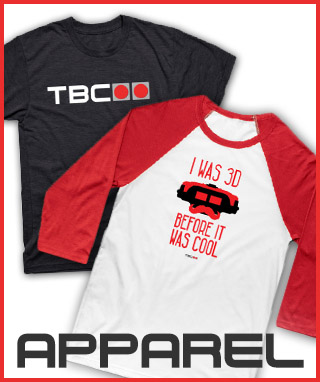
What factors determine the winner in a “serious” Super Smash Bros. match?
It’s easy to think that it all comes down to tier lists; whichever player trains with the more optimal character wins. I have also fallen into this trap, having second thoughts about playing a certain fighter because their stats are lower.
However, after giving this some thought, I’ve decided that character selection is only a small percentage of what determines the result of a match. I present… the pie-chart of victory!

Stage Choice (5%)
Stage choice is the smallest factor. Very few stages favor certain characters so much as to make them dangerous (and those can be striked/banned in the selection process). Whether you’re playing on Battlefield, Dream Land, or Smashville matters very little. I have known players that only practice on Battlefield, however, and that is to their detriment. As long as you put in some hours with each of the legal stages, nothing is going to surprise you too badly.
Character Choice (10%)
I’ve seen entire tournaments won with a bottom-tier character. I’ve seen players in a bind pull out their “pocket Cloud” or their “pocket Bayonetta” just to get trounced because, although they went with a top-tier pick, they didn’t have the practice needed. Tier lists aren’t everything, and in fact, playing the fighter with the best stats will probably cripple you in other areas. You won’t learn to compensate attacks that have slow start-ups with reads. You won’t learn how to leverage rage to even out a disadvantage. Playing characters with drawbacks teaches you the game much better than the star of the roster will.
Mindset (20%)
Most noticeable In Super Smash Bros. Melee, there’s a momentum that occurs when a player gets ahead. It would be hard to explain using only in-game language, because it’s actually a mindset problem. When a player takes his opponent’s stock, the opponent should have a good opportunity to get off the platform and strike back, starting up a combo while under invincibility. What’s more likely to happen, though, is that the winning player will take another stock. And probably a third. That’s why there are so many 4-stock compilations of SSBM. This trend applies to all Smash games, and in Smash 4 where players only had two stocks, you could often see a competitor give up after a 50% disadvantage. You wouldn’t notice this as much in the gameplay, but in the playercam. Someone who believes a comeback is always possible will be capable of unlocking the biggest key to victory:
Adaptability (30%)
This is more important in Smash Ultimate than ever before. With an enormous roster, you’ll never be able to practice every match-up, coupled with every competitive playstyle. You’ll go into tournaments or serious online matches without the knowledge needed to form a gameplan in advance. Smash Ultimate players will need to be able to plan piece-by-piece simultaneously while playing. If you get hit by a combo once, how can you get out of it the second time? A true combo—how can you avoid the setup? We have three whole stocks to work with, meaning that you have plenty of time to go from aggressive to defensive and back again if the situation calls for it. Adaptability also includes a player’s reflexes, which is just responding to what’s on screen in a split-second moment. Active learners win in Super Smash Bros.
Reads (15%)
Reading your opponent is the most proactive you can be in a game of Super Smash Bros. It’s predicting when the other player will use a laggy move, and having a response ready. It’s determining if your opponent will be recovering high or low. It’s knowing when a roll is about to come out, so you can have an attack ready. It’s the foresight to see that a counter or air-dodge is about to come out, and being ready to punish it. This is also known as “getting in the other player’s head” and will completely knock them off their game. It’s good to have fast reflexes and be able to respond quickly to what’s on screen, but it’s a whole other thing to be playing based on what’s about to be on the screen.
Experience (20%)
You can’t shortcut practice! Months and years of grinding against other competitors will allow you to level up your reads, adaptability, your mindset, and knowledge-base from which to know the right characters and stages to pick. Just showing up and losing, then watching other players will help you place better the next time.




















